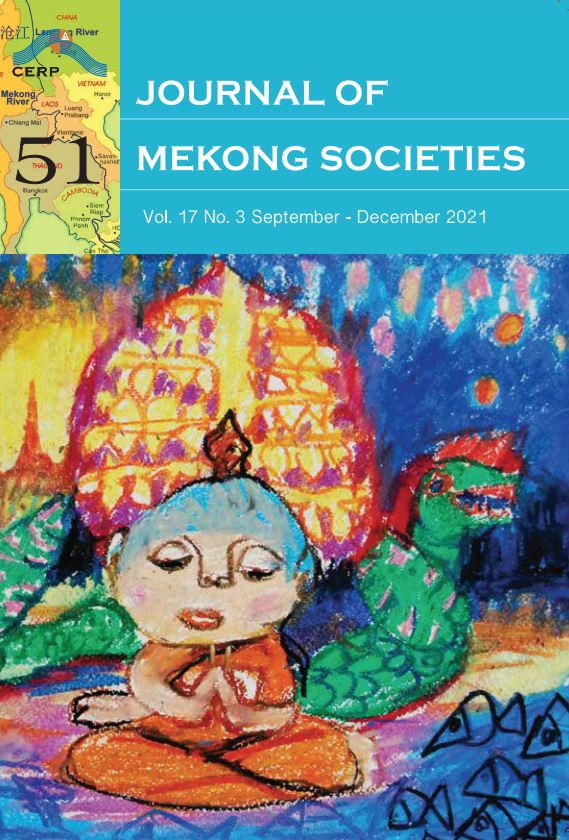The Development of Architectural Education in Thailand under the ASEAN Community
Main Article Content
Abstract
This article explores the development of architectural education in Thailand under the framework of the ASEAN Community. A Mutual Recognition Agreement on Architectural Services was established which defines qualifications for courses, studies, and experience for ASEAN architects. The article has the following objectives: 1) to study the influence of current situations on the negotiation of ASEAN countries regarding architectural education; 2) to compare the architectural education programs of ASEAN countries; and 3) to present guidelines and recommendations for developing architectural education in Thailand. The research was conducted through a literature review, in-depth interviews, and focus group discussions. The study revealed differences between the programs in ASEAN countries that obstruct negotiations on architectural education from reaching the targeted goals. The major issues are the following: 1) the absence of a specific body with clear responsibility and authority regarding architectural education requirements among ASEAN members; 2) the differences among the member nations in the qualifications required for graduates; 3) the differences in occupational experience required for a professional license; and 4) the different systems used in applying for a professional license. The article concludes with the following recommendations: 1) it may not be necessary to specifically determine the terms of education, but instead, more emphasis should be placed on professional training; 2) architectural-related organizations of Thailand should work together to create solid policies; and 3) a single, unified accreditation body should be created to determine the guidelines for certifying degrees and quality of curricula in architecture.


